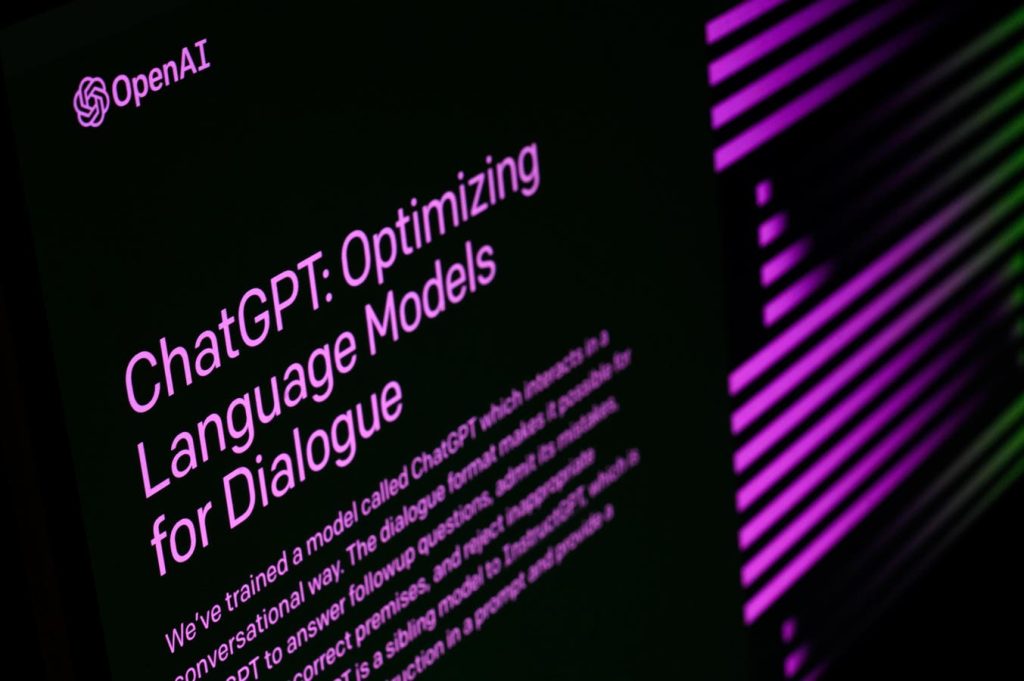An intellectual property attorney for OpenAI recently spoke at the Vanderbilt University Music Law Summit, highlighting the challenges of negotiating individual licensing agreements for each protected work used to train large language models. The attorney argued that this approach would be nearly impossible and would inhibit the existence of programs like OpenAI’s ChatGPT. Instead, the attorney proposed the implementation of an artificial intelligence tax as a more feasible solution to ensure compensation for the use of copyrighted materials.
The proposed AI tax would compel model developers and owners to internalize the externalities generated by feeding models copyrighted training data. Traditional intellectual property law paradigms struggle in cases where the purpose of using a copyrighted work is not to copy it, but to learn from it. The attorney presented scenarios where an AI model could make perfect reproductions of copyrighted works or extract underlying truths about writing, posing challenges in determining owed compensation to creators based on unforeseeable uses.
Drawing an analogy to an energy reactor generating electricity from music, the attorney emphasized the need to calculate a fair compensation owed to creators of copyrighted works used in AI models. The value of a work as a piece of art may not align with its value to language models, potentially resulting in creators of best-selling works receiving less compensation than creators of less popular works on training purposes. This highlights the complexities in valuing copyrighted works in the context of AI models.
An AI tax, focusing on the parameter size of large language models as a rough measure of the value extracted from copyrighted works, could offer a structured approach to ensuring companies using protected materials contribute back to society and the creative community. This tax could support a compensation fund for cultural, educational, and technological initiatives, benefitting creators past and future. The implementation of an AI tax would align with the principle of internalizing externalities and hold AI companies accountable for the broader impact of their technologies.
Considerations for a successful AI tax regime include choosing a tax base consciously, exploring progressive tax systems, and ensuring that entities developing and profiting from AI technologies bear the tax burden instead of passing it on to consumers. Revenue generated from the tax should be allocated transparently, involving input from stakeholders such as representatives from creative groups. Effective planning and consensus among stakeholder groups will be crucial for the successful implementation of an AI tax that balances compensating society for the use of copyright materials with encouraging innovation in the AI sector.















